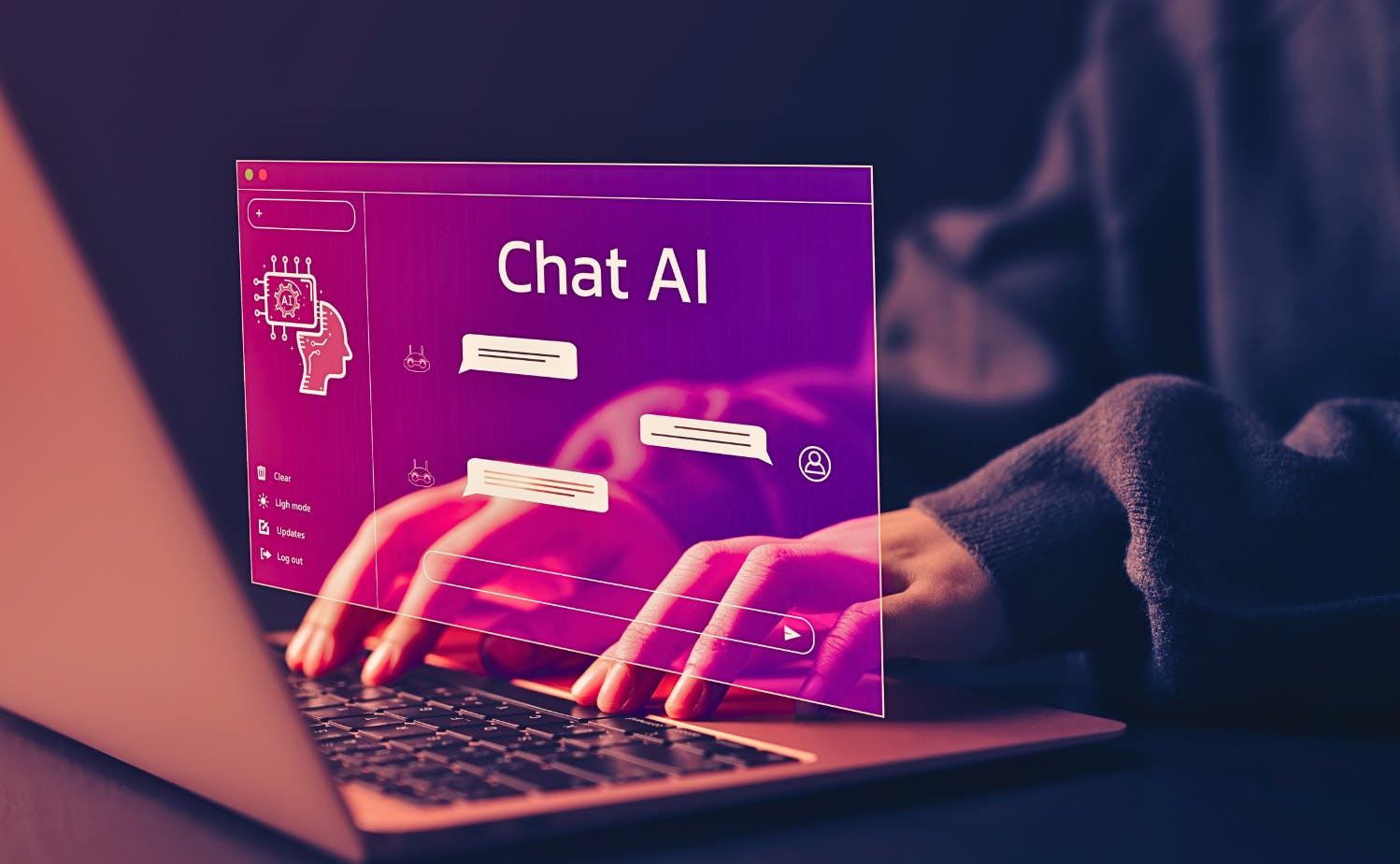
How AI is Transforming Food Tech Marketing

Artificial Intelligence (AI) is revolutionizing marketing strategies across industries, and food tech is no exception.
Artificial Intelligence (AI) is revolutionizing marketing strategies across industries, and food tech is no exception. Here's how AI is transforming food tech marketing:

Enhanced Customer Insights
- Predictive Analytics: AI algorithms analyze vast amounts of data to predict customer behavior, preferences, and trends. This allows marketers to anticipate needs and tailor offerings accordingly. According to a McKinsey report, predictive analytics can improve marketing campaign outcomes by up to 30%.
- Customer Segmentation: AI helps in segmenting customers more accurately based on their behavior, purchase history, and preferences. This enables personalized marketing efforts that resonate with specific customer groups. A study by Deloitte found that personalized experiences can drive up to 20% higher customer satisfaction rates.
Personalized Marketing
- Dynamic Content: AI-driven tools can create personalized content in real-time, such as customized emails, product recommendations, and advertisements based on individual user data. Salesforce reports that AI-powered personalization can increase conversion rates by up to 20%.
- Chatbots and Virtual Assistants: AI-powered chatbots provide personalized customer support, answer queries, and guide customers through the purchase process, enhancing the overall user experience. According to Gartner, by 2022, 70% of customer interactions will involve emerging technologies such as machine learning applications, chatbots, and mobile messaging.

Optimized Advertising Campaigns
- Programmatic Advertising: AI automates the buying of digital ads, ensuring they are shown to the right audience at the right time. This increases the efficiency and effectiveness of advertising campaigns. eMarketer predicts that programmatic advertising will account for 88% of all digital display ad spending in the U.S. by 2021.
- A/B Testing: AI can conduct continuous A/B testing on various marketing elements, such as headlines, images, and calls-to-action, to determine the most effective combinations for engaging customers. According to Optimizely, companies using A/B testing report a 14.2% improvement in their conversion rates.
Streamlined Operations
- Inventory Management: AI optimizes inventory levels by predicting demand patterns, reducing waste, and ensuring products are available when customers need them. A report by Accenture found that AI can reduce supply chain forecasting errors by 20-50%.
- Supply Chain Optimization: AI enhances supply chain efficiency by predicting potential disruptions, optimizing routes, and ensuring timely deliveries. MIT Sloan reports that AI can improve supply chain efficiency by 15%.
- Content Operations: AI tools can automatically moderate user-generated content to ensure compliance with brand guidelines and prevent the dissemination of inappropriate material, reducing manual review time by up to 70% according to Gartner. Additionally, AI-powered image editing tools enhance photos by adjusting lighting, color balance, and removing imperfections, cutting the editing process by 50% and ensuring high-quality visuals across platforms, as highlighted by Adobe.

Case Studies of AI in Action
- Uber Eats: Uber Eats uses AI to predict delivery times, optimize delivery routes, and provide personalized restaurant recommendations to users based on their order history. This has led to a 10% increase in delivery efficiency, according to Forbes.
- Zomato: Zomato employs AI to analyze user reviews and ratings, offering personalized restaurant suggestions and improving search results to match user preferences. This approach has resulted in a 15% increase in user engagement, as reported by TechCrunch.
AI is a game-changer for food tech marketing, providing deeper insights, personalized experiences, and optimized operations. By leveraging AI, food tech companies can stay ahead of the competition and deliver exceptional value to their customers.